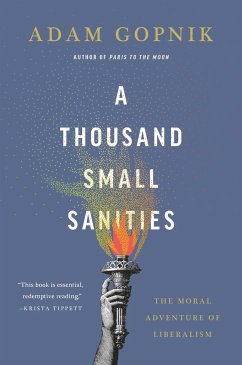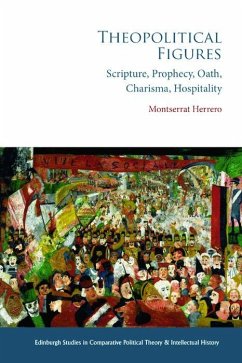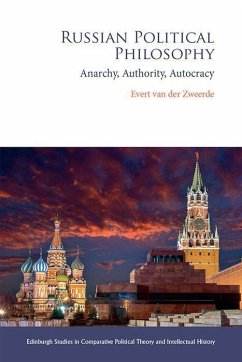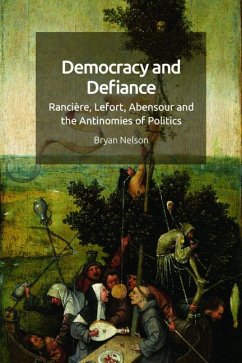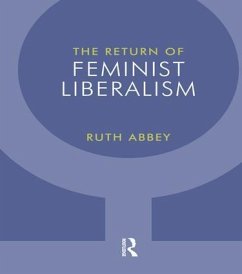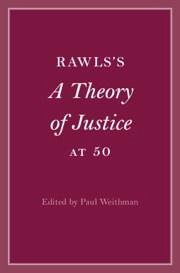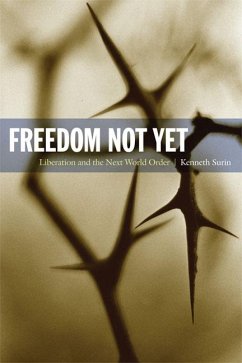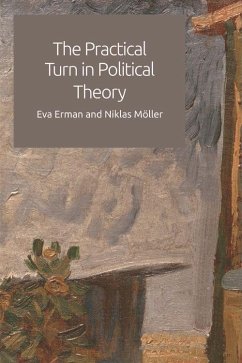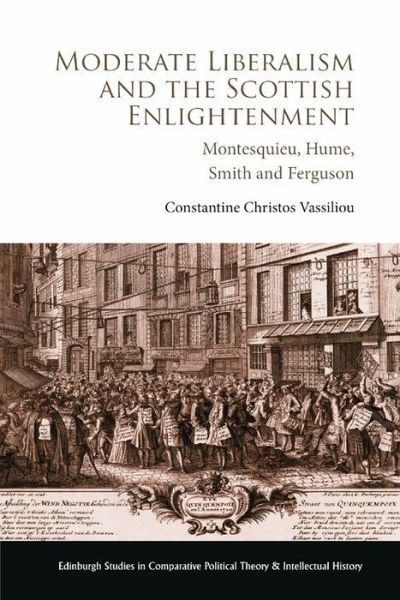
Moderate Liberalism and the Scottish Enlightenment
Montesquieu, Hume, Smith and Ferguson
Versandkostenfrei!
Versandfertig in über 4 Wochen
117,99 €
inkl. MwSt.
Weitere Ausgaben:

PAYBACK Punkte
59 °P sammeln!
Examines how the foundational liberal theories of Montesquieu, Hume, Smith and Ferguson responded to the moral and civic challenges of early capitalism This book explores a perennial problem in political theory: how to balance commercial considerations with the public good. It investigates this dilemma through the lenses of Enlightenment thinkers whose liberal theories responded to the hazards of commercial innovation during capitalism's nascent stages. Vassiliou argues that Montesquieu, David Hume, Adam Smith and Adam Ferguson represent a moderate perspective on foundational liberal thought, ...
Examines how the foundational liberal theories of Montesquieu, Hume, Smith and Ferguson responded to the moral and civic challenges of early capitalism This book explores a perennial problem in political theory: how to balance commercial considerations with the public good. It investigates this dilemma through the lenses of Enlightenment thinkers whose liberal theories responded to the hazards of commercial innovation during capitalism's nascent stages. Vassiliou argues that Montesquieu, David Hume, Adam Smith and Adam Ferguson represent a moderate perspective on foundational liberal thought, which emphasises the critical importance of honour. Throughout the book he compares how their liberal theories uniquely channel human beings' desire for honour to nourish a sense of interpersonal magnanimity within an inward-looking, liberal commercial world. In an age of polarised extremes, we have witnessed restive democracies flirting with populist, illiberal responses for managing the hazards of capitalist innovation. 'Moderate Liberalism and the Scottish Enlightenment' argues that Montesquieu and his Scottish counterparts' foundational liberal theories offer us more viable, middle-ground prescriptions that are necessarily sensitive to the emotional constitution of a liberal society. Constantine Vassiliou is Visiting Assistant Professor in the Department of Political Science at the University of Houston, USA.




